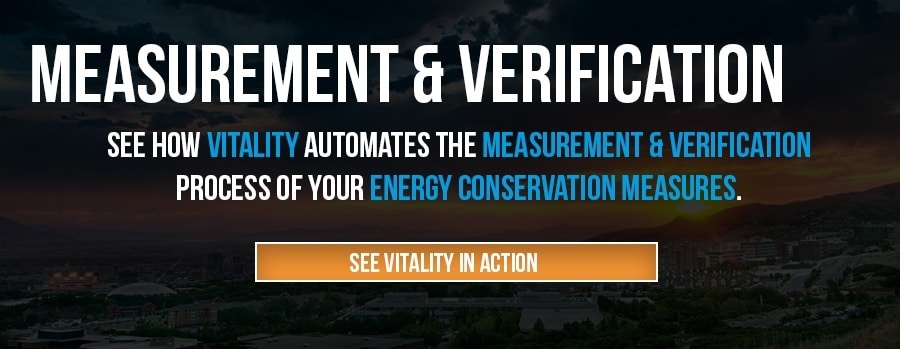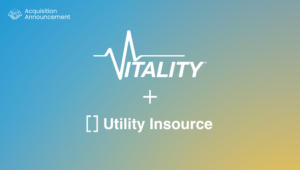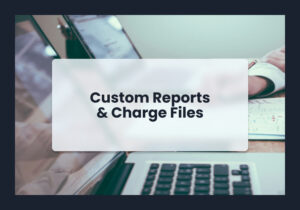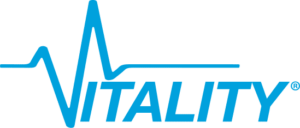What is an ESCO?
An ESCO, is an Energy Service Company.
Energy saving is an extremely hot topic in today’s world. Be it for saving money or for saving the planet, the desire to save energy is forefront in the minds of people all over the planet. An ESCO attempts to provide you with strategies and tools to help you meet whatever your energy saving goals are. There are many advantages to having an ESCO perform this type of work, but there are also disadvantages. We will go over a few of each in this post, to give you an understanding of both some pros and some cons.
How does an ESCO work?
First, lets go over how a typical ESCO would go about their intial phase. An ESCO typically will spend a few days, or a few weeks, depending on the size of the facility, exploring and understanding all of the components that have anything to do with energy in your facility. They will look at your air handlers, your air conditioning system, the electrical loads, the gas, lighting, etc. An initial audit is usually very in depth, their goal is to understand your facility as much as possible. They then will take all of their gathered data, and begin to analyze it. From their analysis, they will recommend Energy Conservation Measures to perform, and how exactly to go about accomplishing that. They could be a company that will provide the services themselves, or they could be a company that recommends the services of their trusted partners.
Advantages of an ESCO
The most clear and pronounced advantage of an ESCO, is clearly saving money on energy costs based on their recommendations. That is the number one reason ESCOS are hired in the first place. There are many factors that contribute to energy costs, and a good ESCO will be aware of them, even the unique costs that could be associated with your location, your utility bill plan, and your hours of operations. The beauty of most ESCO’s, is that you typically can avoid up front costs. This is something that was helped along by the government. It is lawful, for an ESCO to front the costs, and use the energy savings gained from their work, to be what they receive their payment from for the work they do. This is good for a couple of reasons, the first being, you can do an Energy Conservation Project even if you have no upfront capital. The second reason, is this HIGHLY incentivizes the ESCO to provide real, tangible savings. That is a win-win.
Stay up to date with energy trends. Subscribe to the Energy Wire Blog Today.
Another advantage to hiring an ESCO, is getting data on your facility. You can’t manage what you can’t measure, right? Well, an ESCO will be documenting a lot of data about your facility. This is awesome. You need data about your facility, it is absolutely CRUCIAL to the success of your energy management and savings efforts. You may wonder, why on earth do they make such a big deal out of data? I can attest, that without knowing your energy data, you will not be able to effectively save money. The ESCO should have a very detailed, easy to read presentation of your data. They will then use the data to make their recommendations.
Disadvantages of an ESCO
One of the biggest disadvantages of an ESCO, tends to be lack of third party verification. Now, if the ESCO is gaining their money back through the savings, you may wonder if you have need of this. Absolutely you do. Third party verification is absolutely essential. An ESCO needs to perform and look as perfect as possible in the eyes of their customer, those being your eyes. If an ESCO is the only one in charge of making sure their data is accurate, and that savings are provided, the likeliness of them being able to make the numbers look better than they actually are is very high. This is human nature. People always want to mitigate their fault to you if they are trying to get you to purchase their services and trust them to continue. The best, and most efficient way to hold their feet to the fire, so to speak, is through third party verification. We recommend a few things to help you with this.
Another disadvantage do an ESCO, is the potential of the ESCO not actually recommending anything that addresses real facility needs. Lets imagine a hypothetical situation. The ESCO does their research, and they notice you are getting a really high demand from your air handling-units. So, they recommend a newer, fancier model of unit that is provided through one of their partners. They show you how installing this new unit in place of the old one can save you 15% or more a month! The ROI is 3 years! It can’t get better, right? Wrong, it can. The first question to ask, is WHY are the units creating such a high demand? Is is incorrect timing with their usage? Are they programmed incorrectly? Do they cycle inefficiently? Is the system that supports them adequate to handle the work they put out? There are many more questions that should be asked, before the consideration of a new unit is even brought to your attention. Yes, the new model could definitely save you money. No doubt about it. But what if you could achieve the same savings at a much lower cost? This is one of the biggest, and most important reasons you need third party verification, as well as an Energy Manager to oversee this, and make sure nothing of this nature comes to pass in your facility.
Understanding Your Needs
Overall, the function an ESCO performs is a great idea, and worth pursuing. I hope to have provided you some initial guidelines in your beginnings of using an ESCO. There are a lot of companies out there doing this kind of work, and each of them will have pros, and each of them will have their flaws. It is human nature. The best way to mitigate those flaws, is to accept they are there, and plan ways to mitigate those flaws. The beginning of that planning is always education. Understanding your facility and knowing your data are essential and fundamental steps in your progress to a more efficient and cost effective facility.
